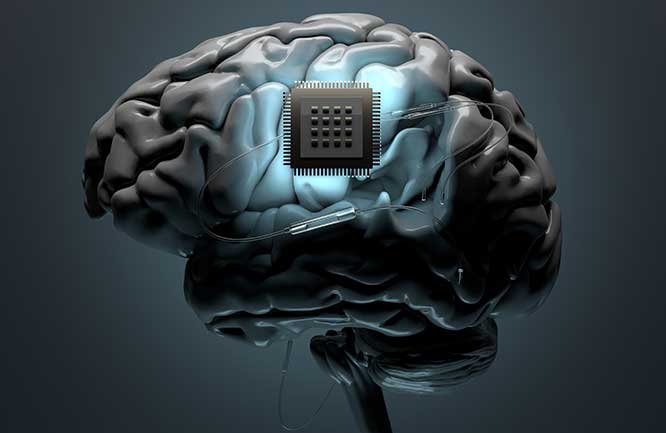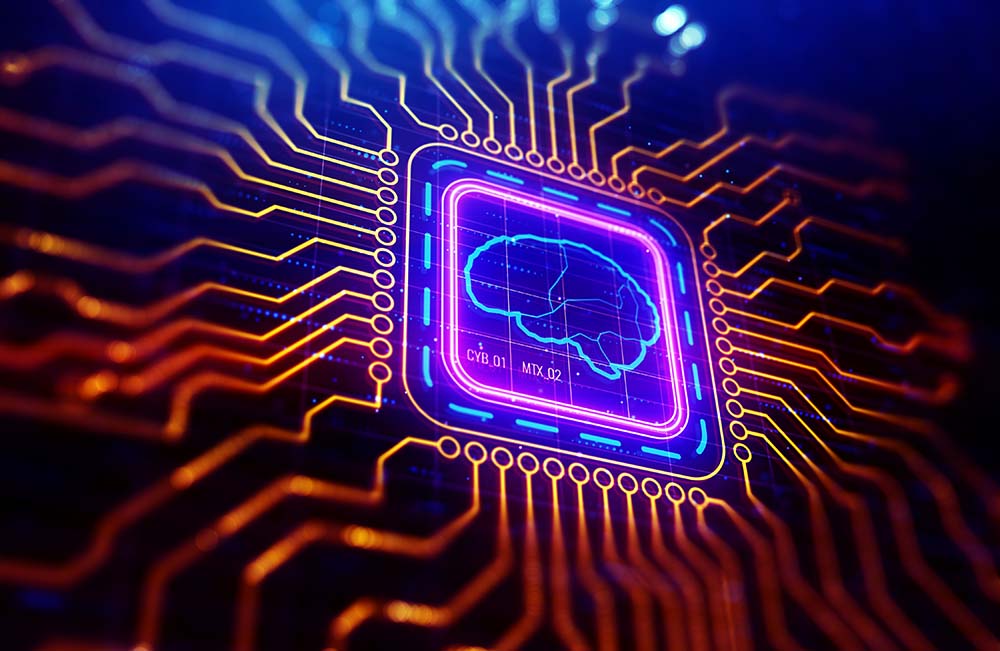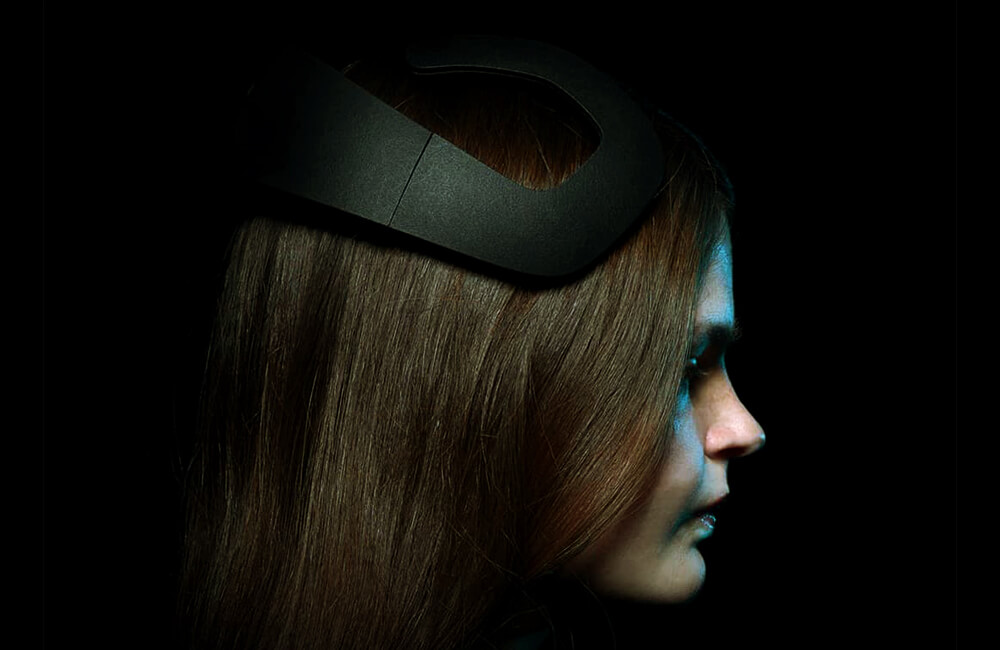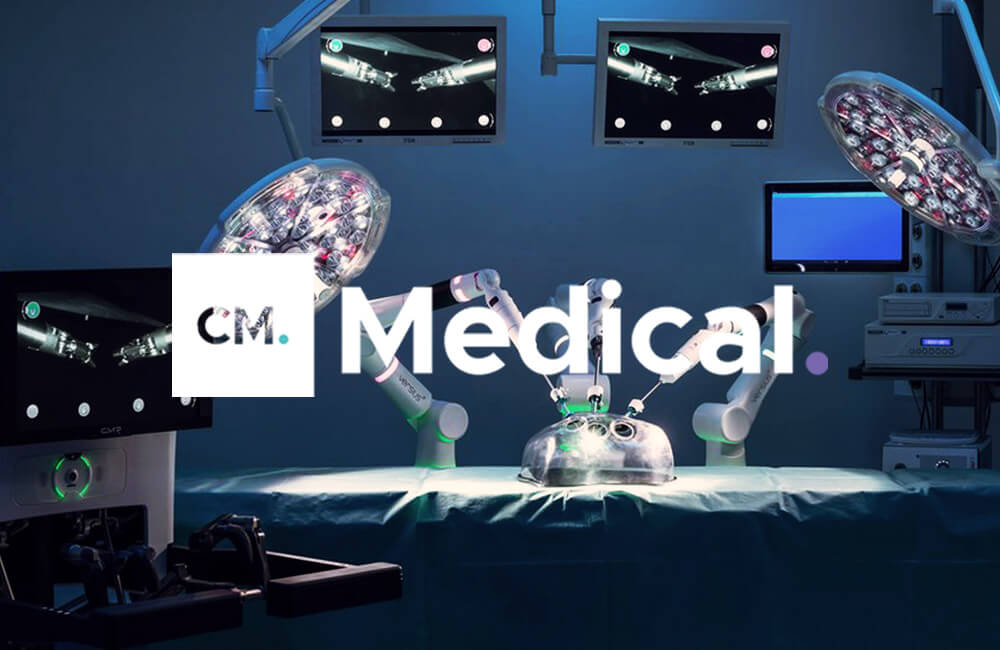.jpg)
.jpg)
Talking Neuromodulation with CEO Janne Huhtala.
Neuromodulation is a growing space that has the potential to impact millions of people’s lives.
Its technology can treat a diverse range of neurological conditions including epilepsy, depression, anxiety, chronic pain, migraine and ADHD.
Neuromodulation works by identifying and bringing awareness of the mind-body to incorrect informational states of the nervous system, which cause illness or maladaptive behaviour.
That’s done by either actively stimulating nerves to produce a natural biological response or by applying targeted pharmaceutical agents in tiny doses directly to the site of action. Neurostimulation devices involve the application of electrodes to the brain, the spinal cord or peripheral nerves.
In my latest podcast, I spoke with CEO and serial entrepreneur Janne Huhtala who has a track record of working with start-ups in neuromodulation. Listen now.
.jpg)
Janne Huhtala - Founder & CEO at RENITA Medical
Having worked as a CFO and CEO with Nexstim, who focus on neuromodulation technology for therapeutic (NBT system) and diagnostic (NBS system) applications, I wanted to learn more about his experience in the industry, how he fell in love with the technology and what he thinks about the future of the space.
Here’s what Janne and I discussed in our CM Conversation (I'm the one asking the questions in bold):
What was special about your time as CFO and CEO at Nexstim?
I had a great management team and we went through some chairman and the CEOs. Then when I took the CEO role, we changed the strategy to somewhat becoming more therapeutic rather than just diagnostic.
We really started to push it forward; first with stroke, which didn't pan out well, and then with application in depression and pain, which are very successful today.
I believe that our work in navigation, which Nexstim was a pioneer of, really made a difference for patients – making sure that the right location of the brain was stimulated accurately.
You have over 10 years’ experience working within neurotech, which is a broad industry. What areas of neurotech excite you the most?
Neuro is becoming a mainstream, which is exciting. The US brain initiative was a big thing and a lot of money went into the industry, but now things are translating to also benefit the patients. There are now therapeutic interventions, rather than just diagnostics.
So, the most exciting for me is how the brain works and how we can utilize that knowledge chamber in the therapeutic world.
You referred to the non-invasive side of Neuro there, which is an area you have lots of experience in. What is it about non-invasive neurostim that makes it such an innovative and futuristic field?
I think if you can do something noninvasively, why would you do it any other way?
You still have to be as accurate as you can and make sure you really stimulate the right location. Your basic technology must be based on science and be proven.
It’s like now that the digital health space is expanding, everybody's coming into the field and trying to think that it's a quick win. But you still have to have the same science. You still have to have the same background to make sure that you are doing what you're saying, rather than just coming for the quick win.
When you look at a noninvasive neuro and the different neurological indications that it can treat, are there any that you see it being most beneficial for?
Stroke. And then I also think, especially now with the coronavirus, mental illness is a big thing too.
We don't really know how mental illness works yet. However, there are certain locations in the brain you can stimulate and it seems to help patients. That’s especially true when coupled with therapeutic intervention through psychotherapy.
It's a mental health pandemic at the moment, as much as it's a COVID-19 pandemic. What can neuromodulation and neuro tech do to support patients?
I've been working with the Brain Mapping Foundation for over a year. People often talked about the army and PTSD, TBI and concussion. But now with COVID-19, I think mental illnesses becoming mainstream and there’s no magic pill to solve it.
I think the challenge is that people are building digital health apps and trying to be innovative, but they don't really go through all the test points to really make sure that what they are doing is beneficial for the patient.
For neuro, these efforts need to be clinically proven to help patients. Then you can prove that you are better, rather than leaning on being different – like many of these digital apps are doing.
What's the most rewarding part of leading a neuro tech start-up?
It was really rewarding when we had a great trial, even if the science didn't work, we would see stroke patients benefitting from the occupational therapy provided.
There were patients that came to the trial who couldn't function properly - they couldn’t have both their hands functioning. With our occupational therapy, they got way better. Some were able to go back to work and were really grateful for the therapy they got.
So, that was really rewarding because, while we were building the company, we could see in real life how that affected patients, their lives and their families. That taught me a lot. This is not only about financial return, but it's more about the patients and how you can help them and their families.
What’s the biggest challenges of being a CEO in neuro and medtech?
I think the hardest part is the timelines with the devices. Investors and VC funds are built on eight or 10 year cycles and they want to have exits in five or six years.
In medical devices, you don't have similar phases like you do in environmental bio where each time you have a successful trial (phase, one, two or three) your valuation goes up and you have an exit path. But with devices, it’s different. The pathway is quite long from invention to market.
You either figure out how something works and then go all the way through to the market with your M&A exit a long way away, or you just sell the technology to someone who can commercialise it.
Janne continued to tell me how commercialising neuro and medtech devices has changed over the years…
Over the last 12 years, people said that the CE mark was easy to get and the FDA was trickier because it was about efficacy. But then people started to lobby to make CE marks more about efficacy also. At the same time, the FDA started change their approach and have these fast tracks. So, now the regulatory hurdles are pretty much the same whether you are in Europe or the US.
While it used to be ‘let’s get a CE Mark and then go for the FDA and rest of the world’, there’s not an obvious route anymore. You have to be clever about your go-to-market strategy.
This is especially true in neuro, where everything is so new. For example, there isn’t a gold standard for how you diagnose concussion. So, what do you compare your device to? It's still not a PMA type of approach because it's really simple and you’re not injecting anything. So, there's a lot of challenges with neuro at the moment, but you just have to be clever about it.
Janne also shared advice for future CEO’s in neuro and medtech…
I think that if you're in here for the right reasons, I believe that you can really enjoy it and that's rewarding. But if you are here just to build a company and try to make money, I would suggest you go somewhere other than neuro or medtech because it’s not an easy path.
It’s also important to enjoy it and have fun – like one of my earlier bosses used to say. You don’t want to lead any start-up if you can’t have fun with it. That’s because it can be gruelling and tough work sometimes.
Looking ahead to the next 10 years within neurotech, where do you see the industry heading?
There's a lot of effort to push functionalities from the brain. To really understand how the brain works - not only on the bio or chemistry side, but the electric functions. I think AI, ML and deep learning algorithms have helped. When we get more data, we’ll start to see more advances.
There's a lot of new companies in this space and I believe some will be successful. It's a combination of device, cloud-based systems and digital health that will achieve this.
In oncology, digital health is bringing more benefits for the patients following treatment. I believe the same is coming for neuro in support of patients with mental illnesses.
Where do you see your future within the industry?
I founded a new company just a few months ago, Renita Medical, that’s on the platform side for neurotech. I'm building a translational platform from academia to clinical and helping to bring technologies to the patient's benefit faster.
Neuro is an interesting world, so I think I’ll stick around. I'm having fun and while it's still fun, it's worthwhile spending your time doing what you love.
This conversation was a CMConversation. If you’d like to talk with me about this article, your future in the neuro space or recruitment services; please email me at John-Joe.Walker@medical-cm.com.
If you like to share your story and be part of the podcast, please contact cmconversations@charltonmorris.com.
Recommended.

Five Neuromodulation Companies to Watch.
The breadth of neuromodulation advancements is astounding. I take a look at the top 5 device companies to watch in the year to come.

What Does Consumer Neurotech Innovation Mean for the Medical Device Industry?
Integrating systems into the human brain to control our everyday devices may seem very ‘Black Mirror’, but thanks to modern neurotechnology it's quickly becoming reality. Click to find out more.

What Can Brain-Computer Interface Actually Do?
With so much media attention surrounding the entrance of Elon Musk into the brain-computer interface space, I've collaborated with two experts to find out what this sci-fi-esque technology can actually do.

What Can You Expect from Med-Tech in 2021?
There’s optimism throughout all the med-tech markets we serve and to celebrate this we asked our CM Medical recruitment specialists about innovations, industry news and trends to expect from the year ahead.
Comments.